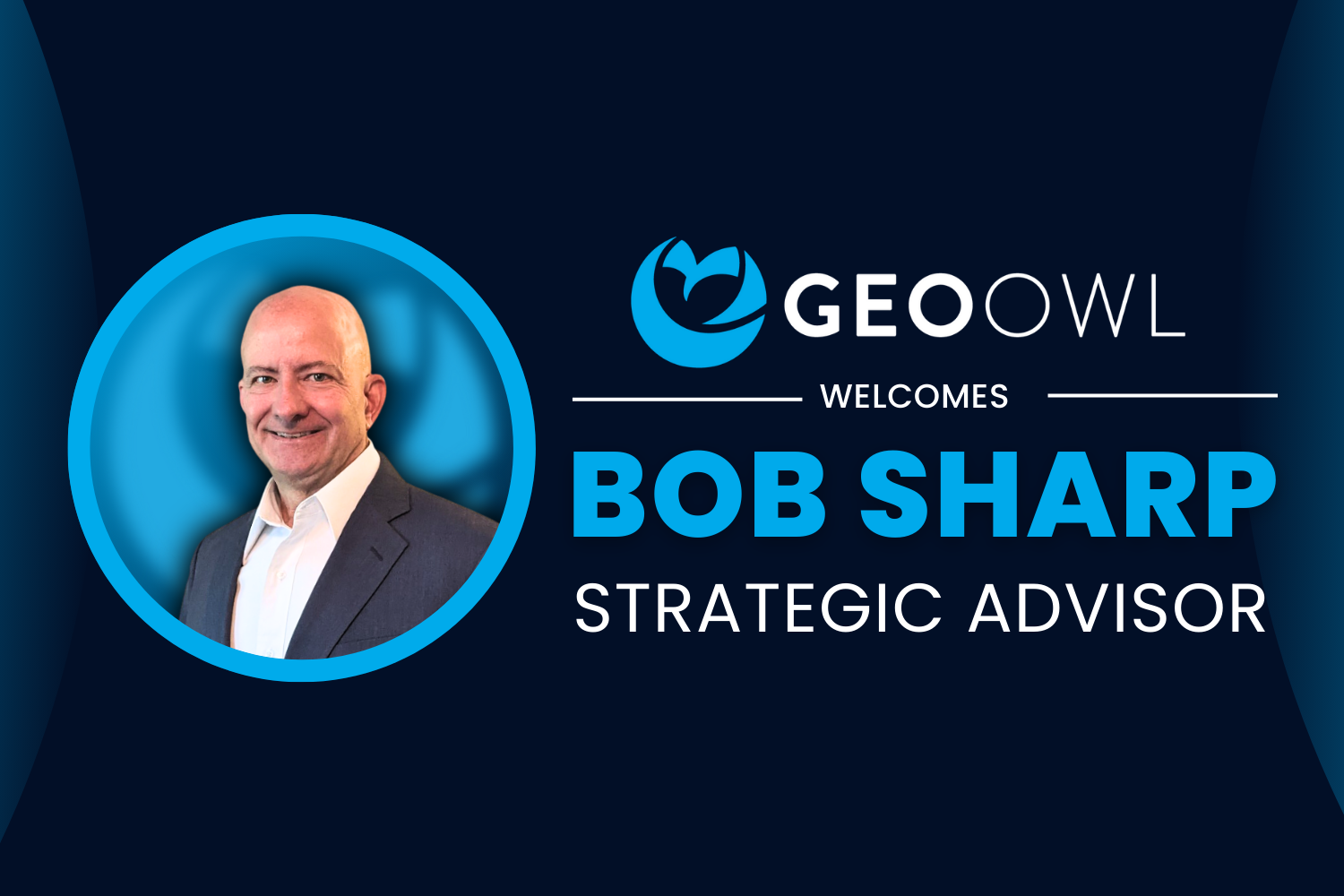
One of the first things you will do when you start looking for a job is revamping your resume. Putting all of […]

[vc_row][vc_column][vc_column_text]
One of the first things you will do when you start looking for a job is revamping your resume. Putting all of your military experience into a civilian resume can be a difficult task, but it’s important to highlight your skills and achievements that you earned during your military career! Let’s walk through the basics to help get you started.
There are a variety of formats you can choose when creating your resume which brings us to a very important consideration – strategy. You should always consider your reader when you’re creating a resume. You need to customize your resume for each job application in order to give yourself the best chance of standing out. Remember, you are pitching yourself to a stranger so describe your skills and accomplishments in detail.
[/vc_column_text][vc_empty_space height=”20px”][vc_separator][vc_empty_space height=”20px”][vc_column_text]
Format. No matter how stellar your experience is, your resume will not get read if it is not formatted well. A typical resume is scanned for less than a minute, so the harder it is to read, the more likely it is to get discarded. Do the recruiter’s work for them by using a logical format, wide margins, and clear headings. Aim for a resume that is no longer than two pages (depending on what job you’re applying for) with a font no smaller than 10pt.
Address Your Accomplishments. Hiring managers want candidates that can help them solve a specific problem or need within their company. Show how you have addressed similar problems in the past. Focus on what you accomplished at your previous job, not your job duties. Look into your evaluations from senior leadership to gain a better understanding of your strengths. Let these accomplishments be unique to you and never use generic descriptions from the job post.
Market Those Accomplishments. Market your accomplishments in terms of efficiency, percentages, number of employees, and money saved. Try to steer clear of too much industry jargon that may cause confusion. Marketing yourself will help create a sense of confidence in your abilities and convey to the recruiter that you made a positive impact in your last position.
Target Your Resume. There is no general resume that will cover all the bases for every position. Each job will have specific requirements that needs to be addressed by your accomplishments. Make sure to highlight your skills that are relevant to the position first in your accomplishments. This will help ensure that they stand out on your resume.
Use a Summary Statement. A summary statement should be used instead of an objective statement. A resume summary statement highlights the job seeker’s skills and the proven ways in which they’ve used those skills to achieve results. Specifically, summary statements use work history to show the hiring manager why the job seeker is the best fit for the position. Unlike the resume objective statement, career summary statements focus more on the company’s needs, not the needs of the job seeker.
Network. If you are unemployed and actively seeking a position, you should view job searching as your temporary full-time job. Make smart connections. Reach out to personal business contacts and recruiters and let them know you are looking. Get involved with online focus groups or blogs in the industry you are trying to join. If you are job searching locally, go to as many networking events in town as possible. (Young professional groups are a great place to start.) You never know who you may meet that can offer valuable advice, information, or contacts.
[/vc_column_text][vc_empty_space height=”20px”][vc_separator][vc_empty_space height=”20px”][vc_column_text]
Start Collecting Your Assets.
- Get a copy of your VMET. The VMET is a comprehensive list of all the skills you’ve gained in the military and can help translate that into civilian terms.
- Make a List of Your Technical Skills.These are skills that you used in your day-to-day job functions.
- Make A List of Your Intangible Skills. Include skills like leadership, discipline, and a strong work ethic.
Select Your Resume Style
When designing your resume, make sure you are organizing it based on your strengths. Construct your resume so it will highlight strengths.
- Chronological Resume. Your employment history is highlighted, starting with the most recent position and then going back in time. This will include your responsibilities and accomplishments under each job.
- Functional Resume. Skills are highlighted. Your work history and any gaps are deemphasized. Skills and accomplishments should be divided into specific areas of expertise.
- Combination Resume. Your skills earned in a variety of jobs are highlighted but using a job history format. Your specific skills will form the main body of the resume, followed by a concise employment history.
- Include Your Essentials. Contact Information: In the heading you should have your name, address, phone number, and e-mail address.
- Summary Statement. In one to two lines, highlight your skills and what makes you uniquely qualified for the job.
- Summary of Qualifications. A bulleted section just below the statement in the visual center of the resume. Include 5-6 lines highlighting the skills that qualify you for the job. This also includes any experience, certifications, or related training.
- Employment History. This varies based on what kind of resume style you choose (see above!)
- Education & Training: List colleges, schools, or military training schools you attended. You can list the name of the school and the location, but you don’t necessarily need the dates, just be consistent.
- Special Skills: Include foreign languages, computer skills, or any other relevant skills that will set you apart.
[/vc_column_text][vc_empty_space height=”20px”][vc_single_image image=”990″ img_size=”full” alignment=”center”][/vc_column][/vc_row]





